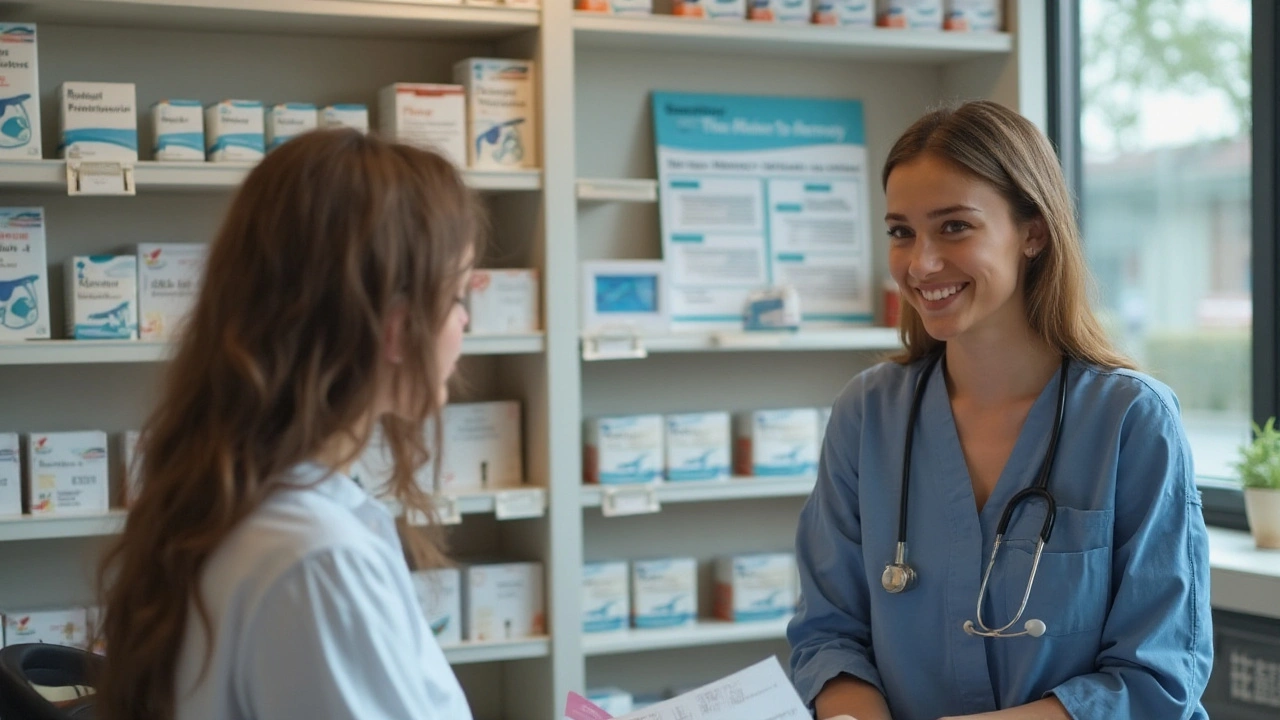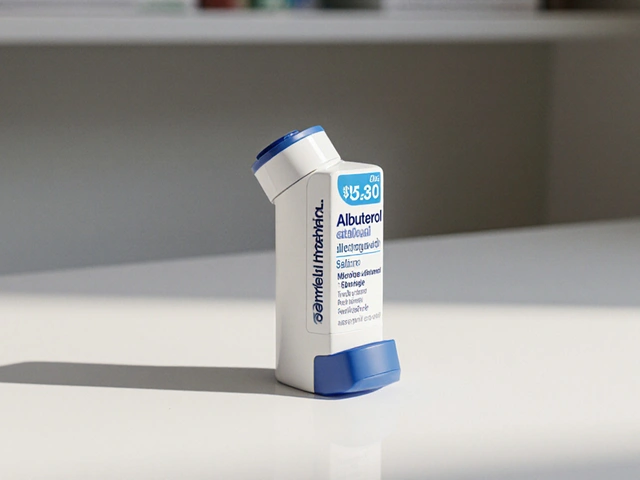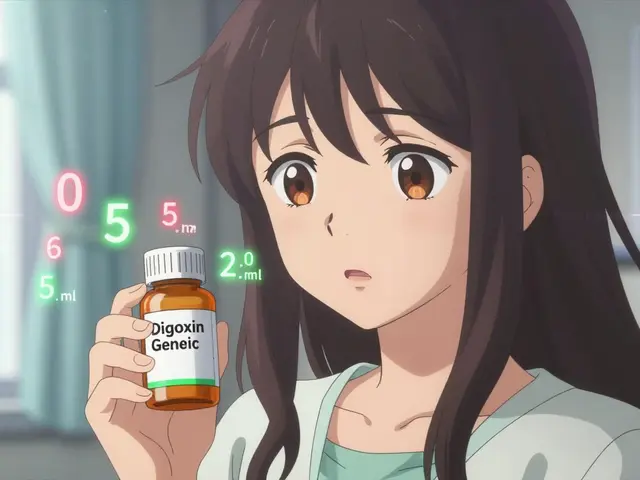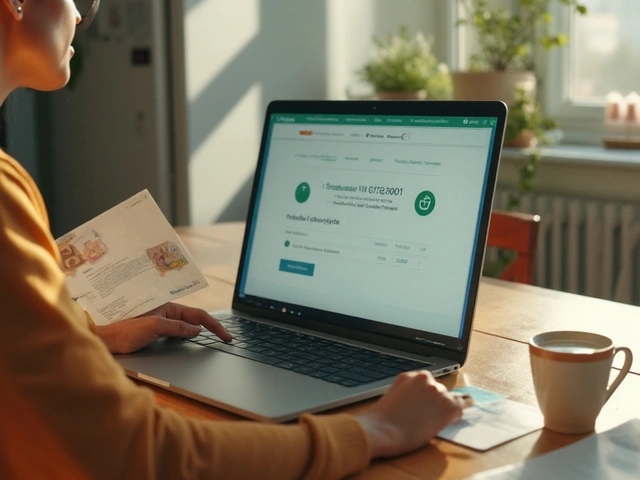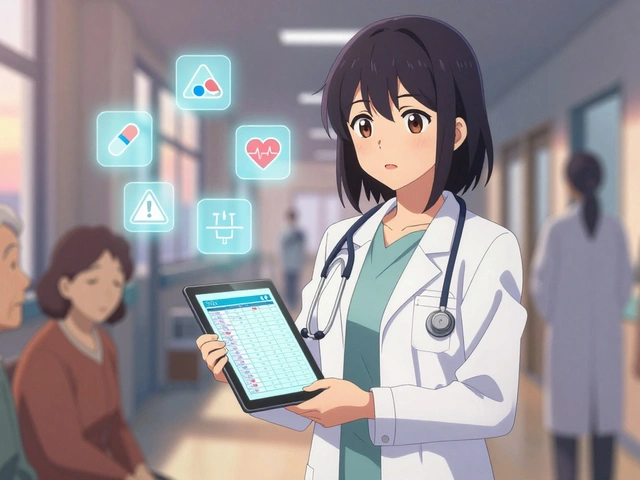Herpes Treatment: What Works, What to Try, and When to Get Help
If you’ve just noticed a sore or a tingling spot, you probably wonder how to stop it fast. Herpes comes in two main flavors – oral (cold sores) and genital – but the basics of treatment are similar. The goal is to lessen pain, shrink the outbreak, and keep the virus from spreading.
First, act quickly. As soon as you feel the tingling or see the first bump, start an antiviral cream. Over‑the‑counter options like docosanol (Abreva) can shorten a cold sore by a day or two if you use them within the first 24 hours. For genital herpes, a prescription cream such as acyclovir can help, but many doctors prefer oral pills because they work systemically.
Prescription Antivirals That Really Cut Out Outbreaks
The three big names are acyclovir, valacyclovir, and famciclovir. They come in daily doses for long‑term suppression or short courses for an active flare‑up. Most people take a 5‑day course when an outbreak starts, and the sores usually clear up in about a week. If outbreaks are frequent (more than four a year), daily suppressive therapy can cut the number of episodes by 70‑80 % and lower the risk of passing the virus to a partner.
These meds are most effective when started early, so keep a spare prescription handy if you know you get outbreaks. Talk to your doctor about side‑effects – they’re usually mild (headache, nausea) and go away after a few days.
Home Remedies and Lifestyle Tips to Speed Recovery
While prescription drugs do the heavy lifting, a few simple home tricks can ease the sting. Applying a cold, damp washcloth to the sore for a few minutes several times a day reduces swelling. Over‑the‑counter pain relievers like ibuprofen or acetaminophen calm the ache.
Stay hydrated and avoid acidic or salty foods that irritate the sore. Some people find a dab of tea tree oil or diluted lemon balm (Melissa officinalis) helps, but test a small area first to avoid a reaction.
Stress is a major trigger for outbreaks. Even a short walk, meditation, or a good night’s sleep can keep the virus in check. If you’re prone to frequent flare‑ups, consider a daily multivitamin with zinc and vitamin C – both support immune health.
Never touch the sore and then another part of your body without washing your hands. If you have genital herpes, use condoms during sex even when no sores are visible, and avoid sexual contact during an active outbreak.
Finally, keep an eye on warning signs. If a sore doesn’t start healing after ten days, gets unusually large, or you develop fever, bladder pain, or a rash elsewhere, call a healthcare provider. Those could be signs of a more serious infection.
Bottom line: start treatment at the first hint of a sore, use antiviral medication as directed, add simple home care, manage stress, and stay in touch with your doctor. With the right plan, most outbreaks are short, mild, and far less likely to spread.
Exploring several alternatives to Valtrex, this guide delves into options like Acyclovir, Famciclovir, and emerging treatments. These alternatives are effective against various herpes viruses, each with unique benefits and drawbacks. From improved bioavailability to targeted uses such as cold sores or shingles, discover the pros and cons of each. It's important to consult a healthcare professional when considering these options for safe and effective treatment.
Continue reading
